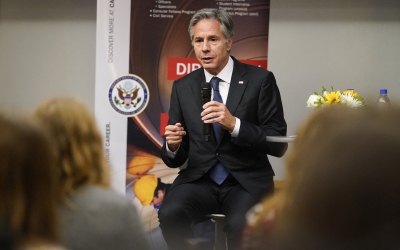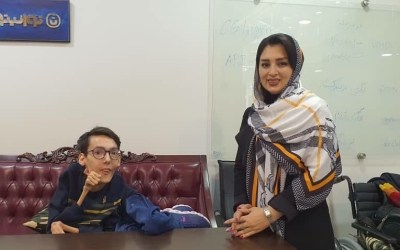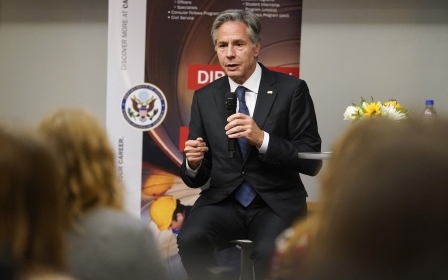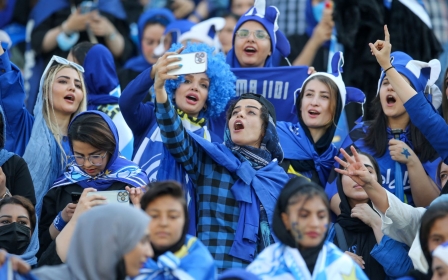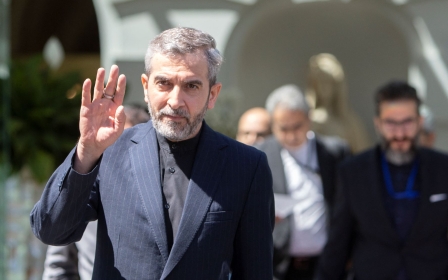Iranian press review: Pregnant single women refused entry to hospitals
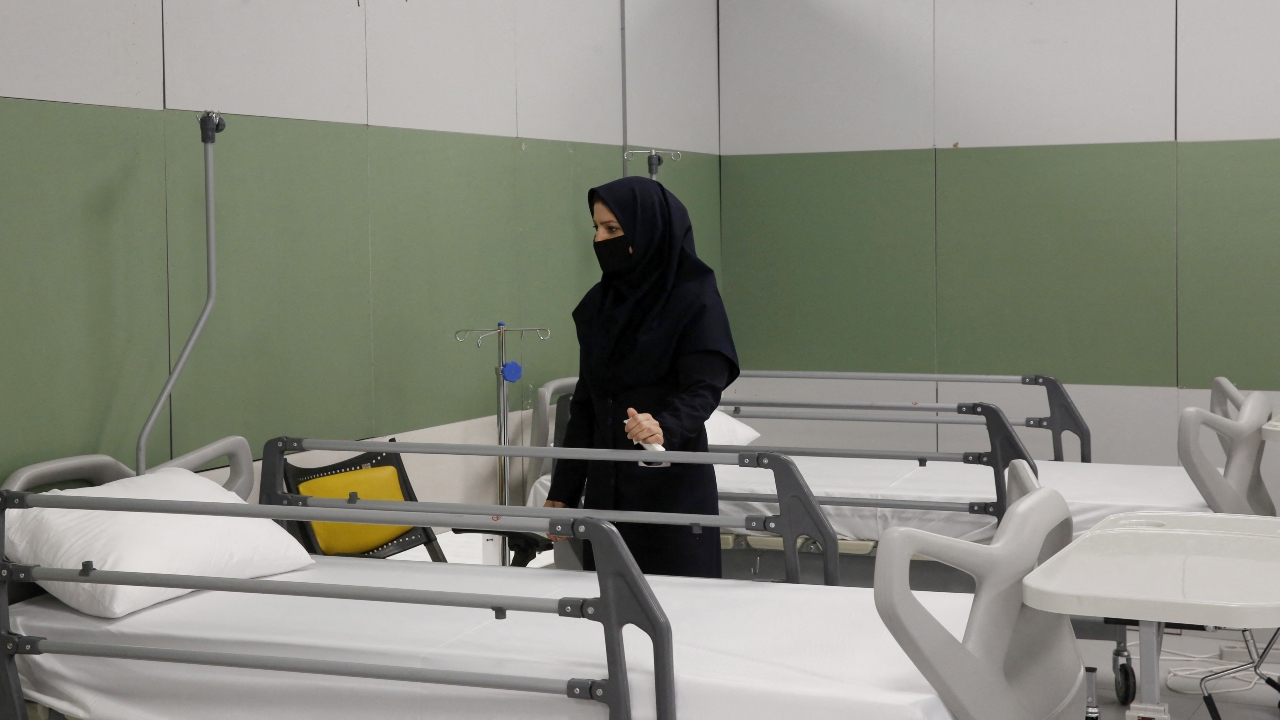
Pregnant single women denied hospital entry
An Iranian sociologist and academic has revealed that following new restrictions enforced by the conservative administration of President Ebrahim Raisi, maternity hospitals are refusing to admit pregnant single women.
In an interview with the Aftab daily, Alieh Shekarbeigi said single mothers could only give birth in hospitals if organisations assisting women in such situations provided a guarantee to support the pregnant mother.
'We should stop blaming those mothers and disgracing them. For whatever reason they are pregnant, they and their infants need support'
- Alieh Shekarbeigi, sociologist
Since Raisi took office in August 2021, Iran has increased social and political suppression in the country, including making birth control options less accessible.
In recent months, the number of newborn babies abandoned on streets has increased, and sociologists have warned of a potential social crisis relating to the abandoned infants.
New MEE newsletter: Jerusalem Dispatch
Sign up to get the latest insights and analysis on Israel-Palestine, alongside Turkey Unpacked and other MEE newsletters
"Living in critical situations forces mothers to abandon their newborns," Aftab quoted Shekarbeigi as saying.
"We should stop blaming those mothers and disgracing them. For whatever reason they are pregnant, they and their infants need support," she added.
Shekarbeigi, who conducted various studies on women's social problems in the capital Tehran, stressed that poverty and addiction were the leading reasons for abandoning newborns on the streets.
"In most countries, particular organisations provide support to single mothers," she said.
"But these women in Iran face a severe problem, which is being blamed and shamed. As a result, unwanted pregnancy stays as a stigma with these women."
Iran intermediaries earned $14bn through sanctions
As talks between western powers and Tehran over the potential removal of sanctions on Iran's economy have entered a new deadlock, a former official said that the high incomes earned by Iranian intermediaries through the sanctions could be one of the obstacles to success in the negotiations.
Eshaq Jahangiri, a former Iranian vice president, told the Arman-e Emrouz daily that intermediaries helping Iran bypass US sanctions seize around a 20 percent share of Iran's annual income.
According to Jahangiri, Tehran's total income in the Iranian year ending on 20 March 2021 was $70bn, of which about $14bn was taken by those benefitting from the sanctions against Iran.
"These same people organise parties in the United Arab Emirates to provide services to Iran [to get around the sanctions] and demand fees several times more than normal," the daily quoted Jahangiri as saying.
The former official added that another group of Iranian middlemen was active in China, registering companies whose only clients were Iranians.
"This group rips off Iranian customers and makes money with sanctions. The political elite inside Iran supports these people, who do not care about the living conditions of ordinary people," he added.
Arman-e Emrouz wrote that Iran's income has increased since Joe Biden was elected president of the United States. Since then, the money intermediaries had made through the sanctions stood at about $28bn, according to the newspaper.
Since 2012, when sanctions on Iran's economy increased, Tehran has sold its products on the global market with the help of international companies owned by Iranian businessmen.
Following the 2018 withdrawal of Washington from an international nuclear deal that included Iran, Tehran has traded its oil, gas and petrochemical products through those firms on the black market.
Scandal over officials' children living abroad
A scandal has erupted in Iran as reports about the residency of senior officials' children in western countries surfaced on Persian outlets.
The alleged residency in Canada of the son of Vice President for Women and Family Affairs Ensieh Khazali was the first case to draw public attention.
However, Khazali rejected claims her son had emigrated to Canada, saying that he was only temporarily living in the country. Khazali is the daughter of an ultra-conservative cleric, Abolghasem Khazali, a former member of the Guardian Council appointed by Iran's supreme leader.
Local media also reported that the two children of Khazali's other daughter, Kobra, live in the US.
Meanwhile, the Arman-e Meli daily wrote that the two daughters of acting minister Mohammad Hadi Zahedi Vafa were born in Canada and have dual nationality.
Iran does not recognise dual nationality for Iranians, and during the presidency of Hassan Rouhani parliament passed a draft of a law banning politicians whose children lived abroad from occupying key positions in the government.
Arman-e Meli said that about 5,000 children of senior Iranian officials were living abroad.
"Some of the senior officials' children in foreign countries drive cars that ordinary Iranian cannot even imagine," the newspaper quoted Iranian sociologist, Majid Abhari, as saying.
"These officials register their children in expensive private schools... they study and live in conditions that do not exist in Iran. So, after graduation, most of their children have no will to return to the country."
*Iranian press review is a digest of news reports not independently verified as accurate by Middle East Eye.
Middle East Eye delivers independent and unrivalled coverage and analysis of the Middle East, North Africa and beyond. To learn more about republishing this content and the associated fees, please fill out this form. More about MEE can be found here.


